|
|
|
|
Nau mai, haere mai - and welcome to your New Zealand newsletter.
Last week’s fatal shooting of a police officer in the line of duty will inevitably lead to a reexamination of police firearm policies. Ross Hendy, a former sergeant with New Zealand Police and now a lecturer in criminology at Monash University, examines international research on the nature of routinely armed and routinely unarmed policing, including a Norwegian study that suggested there is genuine mental strain associated with not carrying firearms.
As Auckland is experiencing its most severe multi-season drought in recent memory, the glaciers in the Southern Alps continue to retreat, with some smaller glaciers now on the path to extinction. Andrew Lorrey and Ben Noll (National Institute of Water and Atmosphere) and Lauren Vargo (Te Herenga Waka Victoria University of Wellington) write that both are examples of New Zealand’s water future with higher chances of more frequent extremes with stronger impacts.
And New Zealand can expect to see more people arriving at the border with COVID-19. University of Waikato law scholar Alexander Gillespie explains the vast legal powers of the government in times of a pandemic and argues that enforced quarantine, mandatory testing and contact tracing are logical solutions for better border protection.
As always, you’ll find a lot more in this newsletter and on the New Zealand homepage. Thank you for reading, ngā mihi nui ki a koutou katoa.
|
Veronika Meduna
New Zealand Editor: Science, Health + Environment
|

|
|
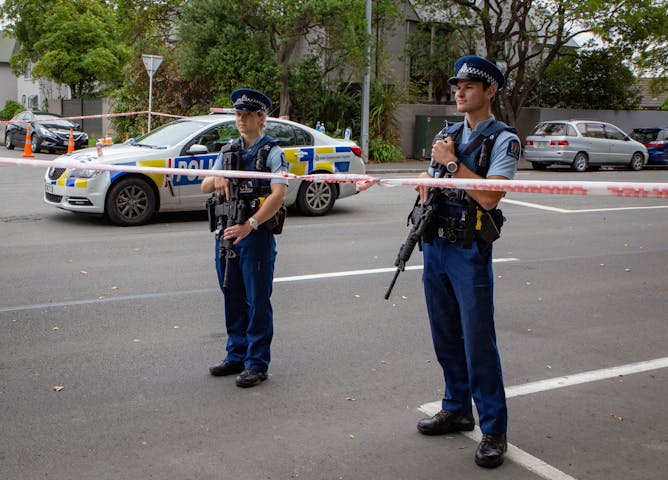
www.shutterstock.com
Ross Hendy, Monash University
As a former NZ Police sergeant, I know firsthand how police fatalities shape one's behaviour. The recent shooting of two officers in Auckland cuts to the heart of NZ's trust-based policing policies.
|
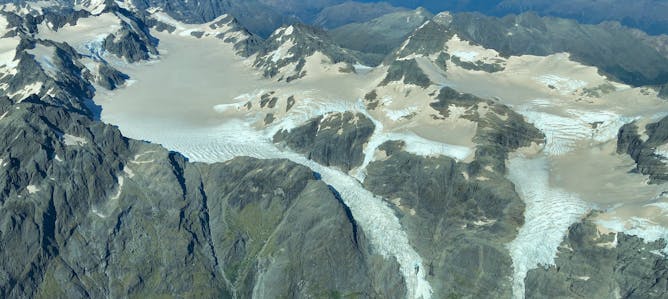
Andrew Lorrey
Andrew Lorrey, National Institute of Water and Atmospheric Research; Ben Noll, National Institute of Water and Atmospheric Research; Lauren Vargo, Te Herenga Waka — Victoria University of Wellington
Auckland's extreme drought and the rapid retreat of glaciers in the Southern Alps both highlight how important long-term observations are for water management policy and planning.
|
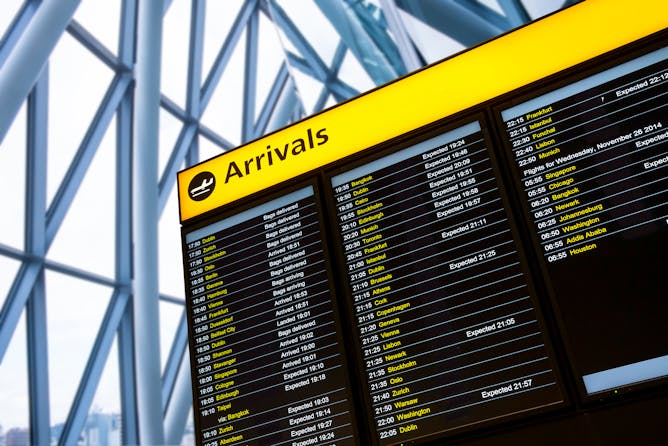
Shutterstock
Alexander Gillespie, University of Waikato
Multiple failures to properly enforce border quarantine measures should never have happened, given the strength of New Zealand's emergency laws.
|

OSORIOartist/Shutterstock
Laura Revell, University of Canterbury
If we had not altered the composition of the atmosphere at all through emitting greenhouse gases, particulate matter and ozone-destroying chemicals, the average temperature would have remained stable.
|
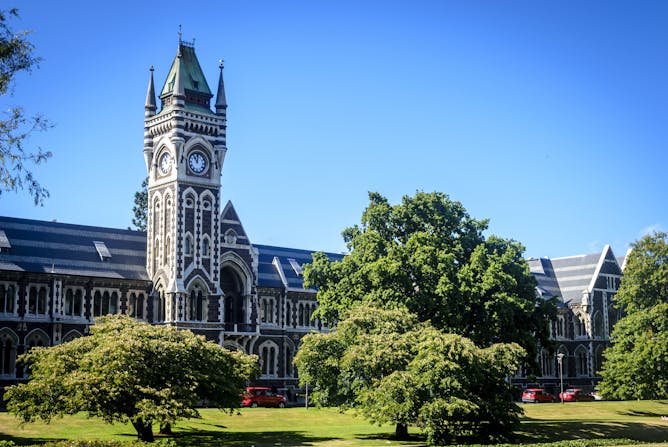
Shutterstock
Rahul Sen, Auckland University of Technology; Swati Nagar, Auckland University of Technology
With other international education markets still struggling with the COVID-19 pandemic, New Zealand and Australian universities should position themselves as premium destinations.
|
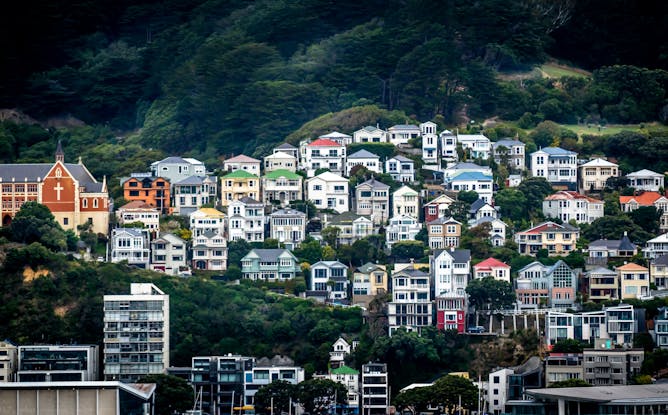
JivkoM/Shutterstock
Tom Logan, University of Canterbury
Research shows communities become more resilient to future crises when people have access to basic services such as supermarkets, hospitals and schools.
|
From our international sections
|
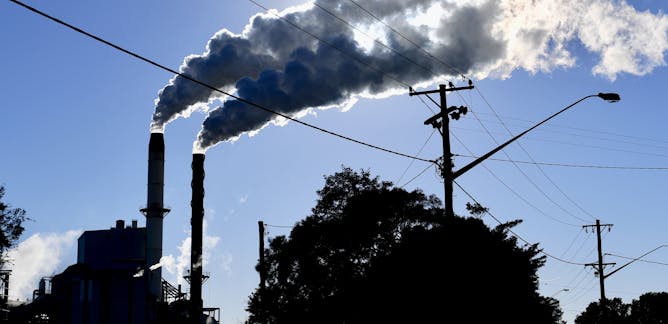
Hugh Saddler, Australian National University
Better energy efficiency lowers electricity bills, manages energy demand and helps the climate. Unfortunately, Australia is going nowhere on this cheap, simple measure.
| |

Kcasey McLoughlin, University of Newcastle
Sexual harassment is endemic within the law. This inquiry's finding must be the catalyst for genuine and long overdue change in the profession.
|
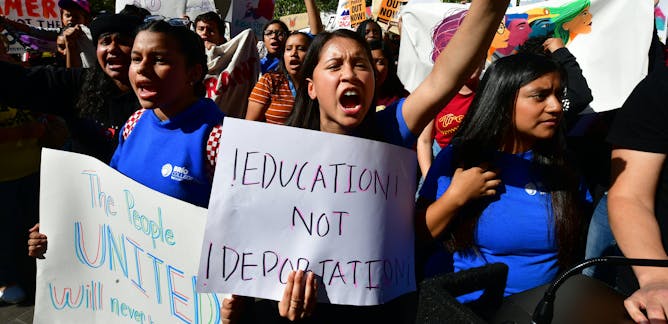
Sayil Camacho, Vanderbilt University
At least for now, hundreds of thousands of students can stay in school without facing new hardships.
| |

Lilian Bobea, Fitchburg State University
Unrest in the US looks familiar to Latin Americans, who are accustomed to resisting undemocratic governments – and to their protest movements being met with violent suppression.
|
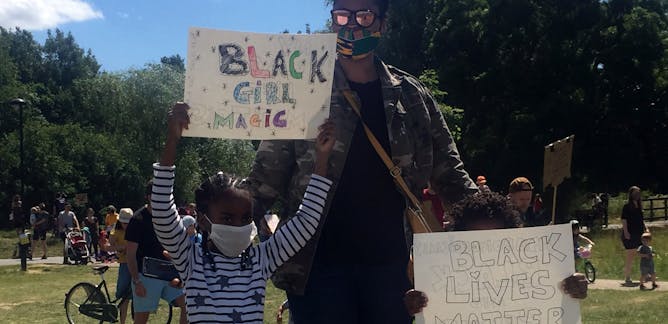
Cynthia Okpokiri, Anglia Ruskin University
Black parents cannot afford for their children to break or even bend certain rules.
| |

Teguh Haryo Sasongko, Perdana University
The Lancet launched an independent investigation but ran into resistance from the institution, which refused to disclose the raw data, forcing the journal to retract the article.
|

Alexandre Antonelli, Royal Botanic Gardens, Kew
Scientists still report species as being 'discovered', even if they've been used by local populations for years.
| |

Anna Rudkovska, Western University; Danica Facca, Western University
Mood tracking apps are sophisticated tools that track, measure and improve our emotions. But doing so may make our emotional data vulnerable to interested third parties.
|
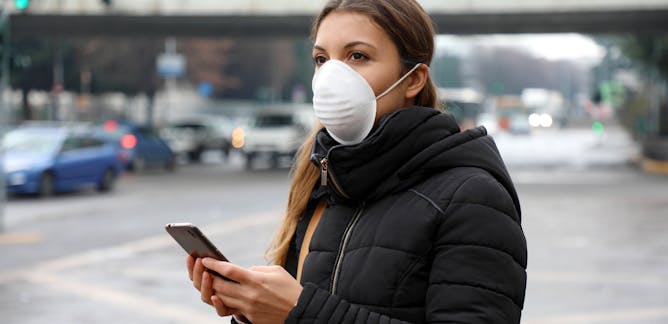
Joven Narwal, University of British Columbia
Police departments have suggested using contact tracing approaches to track protesters, raising concerns about data and privacy.
| |
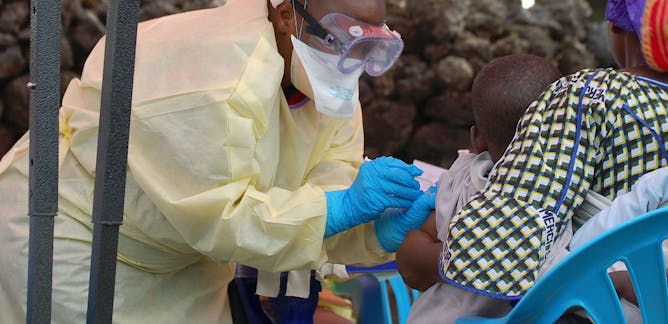
Yap Boum, Mbarara University of Science and Technology
African governments should shift their attention to strengthening health systems so that they are better placed to respond to any pandemic.
|
|
|
| |
| |
| |
| |
| |
| |
|
|
|
|
|
|
|